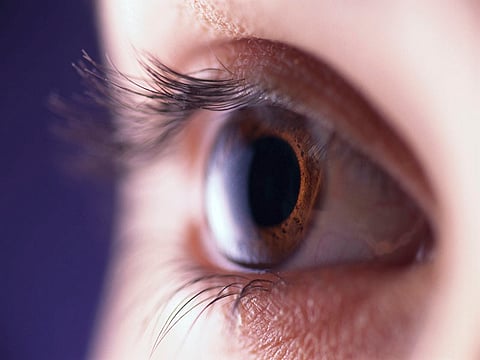FRIDAY, March 17, 2017 (HealthDay News) -- Seven or more injections of bevacizumab annually is associated with increased risk of glaucoma surgery, according to a study published online March 16 in JAMA Ophthalmology.
Brennan D. Eadie, M.D., Ph.D., from the University of British Columbia in Vancouver, Canada, and colleagues conducted a nested case-control study to examine the risk of glaucoma surgery following repeated intravitreous bevacizumab injections. Cases were identified using glaucoma surgical codes for trabeculectomy, complicated trabeculectomy, glaucoma drainage device, and cycloablative procedure; 10 controls were matched to each case for age, preexisting glaucoma, calendar time, and follow-up time. Data were included for 74 cases of glaucoma surgery and 740 controls.
The researchers found that the adjusted rate ratio of glaucoma surgery was 2.48 (95 percent confidence interval, 1.25 to 4.93) for those who had received seven or more bevacizumab injections per year. Among cases versus controls, the proportion receiving seven or more injections per year was 10.3 percent higher. Compared with those who received three or fewer injections, the adjusted rate ratio was 1.65 (95 percent confidence interval, 0.84 to 3.23) for those who received four to six injections per year.
"Findings from this large, pharmacoepidemiologic study suggest that seven or more intravitreous injections of bevacizumab annually is associated with a higher risk of glaucoma surgery," the authors write.
One author was a paid consultant in Mirena Propecia litigations.
Abstract/Full Text
Editorial (subscription or payment may be required)


